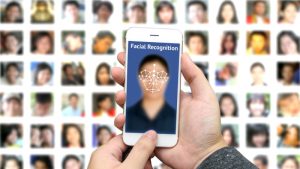Chicagoans now have a one-stop shop for discovering which restaurants have outdoor seating, where TV shows are filming in the city, and restaurant health inspection results–a newly redesigned open data portal.
Two years after the launch of its What Works Cities national initiative, Bloomberg Philanthropies announced its new Smart City certification. The What Works Cities Certification seeks to support local leaders in leveraging Smart City best practices, as well as reward achievements and provide a clear path to success.
Axon, the body camera division of police technology firm Taser, recently released a gun holster sensor designed to solve the problem of turned-off body cameras.
After the deadliest year in more than 20 years, the Chicago Police Department released its 2017 initiatives to reduce violence. The initiative relies heavily on using technology, specifically data analytics, to better understand how law enforcement can best protect residents and visitors.
One in two American adults is in a law enforcement facial recognition database, which has the potential to disproportionately affect people of color, according to a report released by the Center for Privacy and Technology at the Georgetown University law school. A coalition of 52 civil liberties groups wrote a letter to the Justice Department, expressing their concern that facial recognition systems disproportionately affect communities of color.
As policing methods come increasingly under fire by the public, cities across the country are looking to digital methods to improve outcomes and bolster public trust. By 2030, the typical North American city will rely heavily on Artificial Intelligence technologies for public safety and security, according to a recent report from Stanford University.
A RAND Corporation report casts doubts on whether the Chicago Police Department’s algorithm-based, predictive policing program, which generates a Strategic Subjects List of people that the system believes are most likely to kill or be killed, is actually helping police quell violence in the city.









